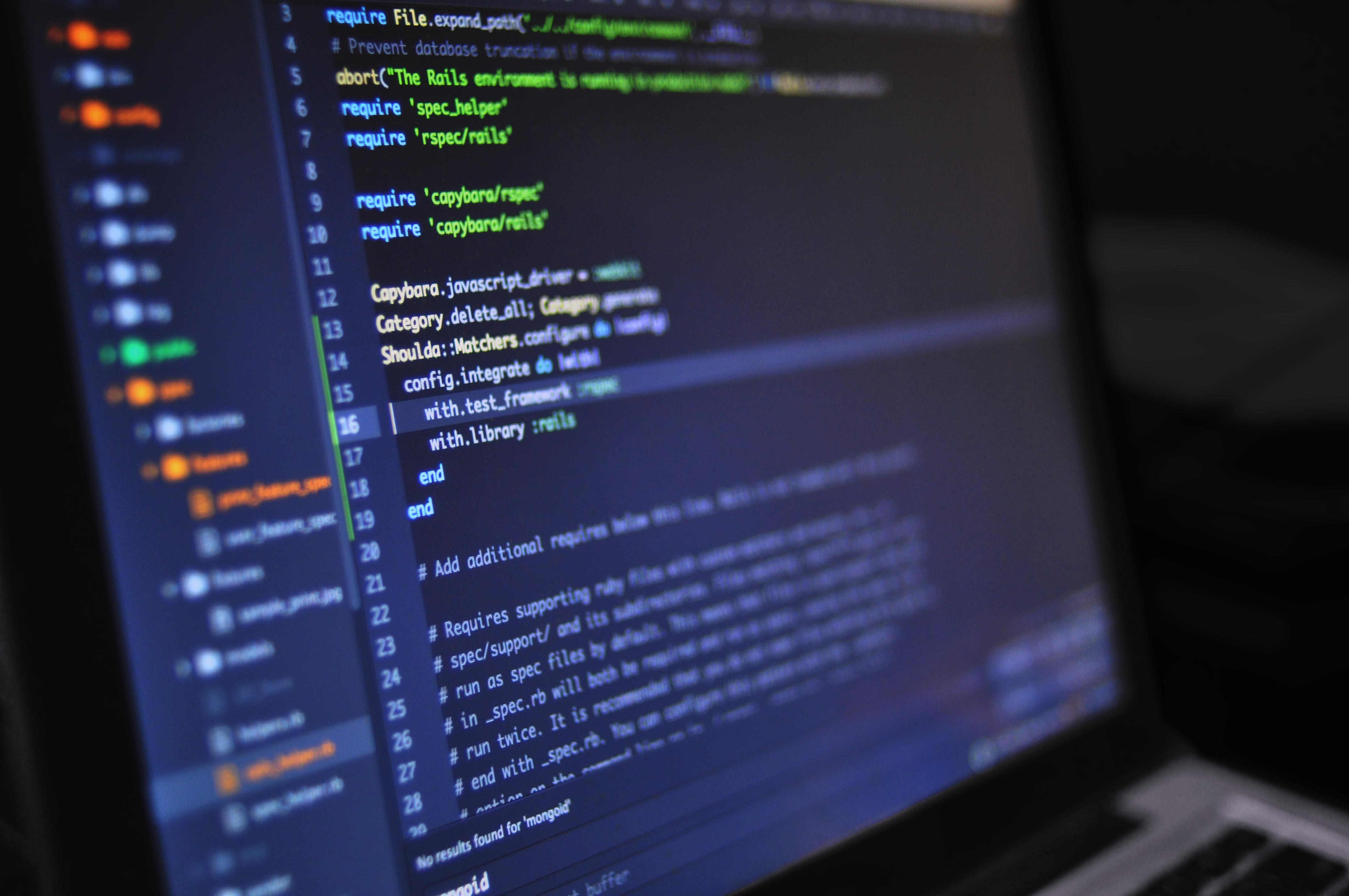
Oct 21, 2024
Blog Digital World The Growing Educational Equipment and Software Market: Trends, Insights, and Future Directions
In recent years, the educational equipment and software market has experienced significant growth, driven by technological advancements, shifts in teaching methodologies, and the increasing need for digital learning tools. This market is vital in supporting the education sector, from K-12 schools to higher education institutions, as it provides the necessary tools to facilitate effective learning. In this blog, we will explore the key components, trends, and future directions of the educational equipment and software market.
The educational equipment and software market encompasses a wide range of products and solutions designed to enhance the learning experience. This includes:
As educational institutions adopt digital learning and hybrid teaching models, the demand for innovative educational equipment and software has surged. The market is expected to continue growing, driven by the increasing reliance on technology to improve educational outcomes.
The shift to remote learning during the COVID-19 pandemic highlighted the importance of e-learning platforms. These platforms provide flexibility, allowing students to access learning materials from anywhere at any time. Schools and universities are increasingly investing in robust e-learning solutions, such as LMS platforms that enable educators to manage courses, assessments, and communication effectively.
Popular e-learning platforms include Google Classroom, Moodle, Blackboard, and Canvas, which offer a range of features to support both students and teachers.
AI has made its way into the educational sector by providing personalized learning experiences. AI-powered tools can adapt to a student’s learning pace, identify areas of difficulty, and offer customized content and resources. AI is also used for automating administrative tasks, such as grading and attendance, freeing up time for educators to focus on teaching.
Some examples of AI applications in education include intelligent tutoring systems, chatbots for student support, and automated essay scoring.
VR and AR are transforming how subjects like science, history, and art are taught. These technologies provide immersive experiences that can bring complex concepts to life. For instance, students can explore the solar system in a 3D environment or take a virtual tour of historical landmarks. As the cost of VR/AR equipment decreases, more schools are likely to adopt these technologies to create engaging and interactive lessons.
With the ubiquity of smartphones and tablets, mobile learning has become an integral part of the educational landscape. Mobile apps provide on-the-go access to educational content, making learning more accessible and convenient. The focus on microlearning—small, manageable chunks of information—has also gained popularity, especially for adult learners and corporate training programs.
Gamification involves incorporating game-like elements, such as points, badges, and leaderboards, into the learning process. This approach helps increase student engagement, motivation, and retention. Educational games can teach subjects ranging from math and science to languages and coding. Platforms like Kahoot!, Duolingo, and Quizlet have effectively used gamification to make learning fun and interactive.
The global market for educational equipment and software is expected to grow from $105.4 billion in 2024 and is projected to reach $187.9 billion by the end of 2029, at a compound annual growth rate (CAGR) of 12.2% during the forecast period of 2024 to 2029.
While digital learning tools have great potential, they also highlight the issue of the digital divide. Not all students have access to the necessary devices or reliable internet connections. Bridging this gap is essential for ensuring that all students can benefit from educational technology.
With the increased use of educational software, concerns over data privacy and security have also risen. Educational institutions must ensure that student data is protected and that software providers comply with regulations such as GDPR and FERPA.
Implementing advanced educational technologies can be costly, and not all schools have the budget to invest in new equipment and software. Finding cost-effective solutions that can deliver quality education is a key challenge for the industry.
Hybrid learning, which combines in-person and online education, is expected to grow. This model allows flexibility and can cater to different learning styles. Educational institutions will continue to seek solutions that seamlessly integrate classroom and remote learning experiences.
AI will play a more significant role in providing data-driven insights that can improve educational outcomes. Machine learning algorithms can analyze student performance data and suggest tailored learning paths, making education more personalized and efficient.
The demand for innovative educational solutions has led to a rise in edtech startups. These companies are developing new tools and platforms to address specific challenges in the education sector, from adaptive learning solutions to collaborative online tools. Investment in edtech startups is likely to continue, driving further innovation.
STEM (Science, Technology, Engineering, and Mathematics) education has become a priority, with schools emphasizing coding, robotics, and other technical skills. The market for STEM-related educational equipment and software is expanding as educators prepare students for careers in technology-driven fields.
The educational equipment and software market is poised for continued growth as technology becomes an integral part of the learning experience. With the increasing adoption of e-learning platforms, AI, VR/AR, and other innovative tools, the education sector is undergoing a digital transformation. However, challenges such as the digital divide, data privacy, and cost constraints must be addressed to ensure that all students can benefit from these advancements.
The future of education is undoubtedly digital, and the companies that can provide scalable, secure, and cost-effective solutions will be at the forefront of this evolving market. As technology continues to evolve, the educational equipment and software market will play a crucial role in shaping the future of learning.
Consider becoming a member of the BCC Research library and gain access to our full catalog of market research reports in your industry. Not seeing what you are looking for? We offer custom solutions too, including our new product line: Custom Intelligence Services.
Contact us today to find out more.

I am Adarsh Rawat and I have a degree in BBA from Jamia Milia Islamia, I have honed a diverse skill set that spans digital marketing, traditional advertising, brand management, and market research. My journey in marketing has been characterized by a commitment to innovation and an ability to adapt to emerging trends.

From smartphones to satellites, antennas play a vital role in enabling the seaml...

Introduction Artificial Intelligence (AI) and the Internet of Things (IoT) are r...

We are your trusted research partner, providing actionable insights and custom consulting across life sciences, advanced materials, and technology. Allow BCC Research to nurture your smartest business decisions today, tomorrow, and beyond.
Contact UsBCC Research provides objective, unbiased measurement and assessment of market opportunities with detailed market research reports. Our experienced industry analysts assess growth opportunities, market sizing, technologies, applications, supply chains and companies with the singular goal of helping you make informed business decisions, free of noise and hype.